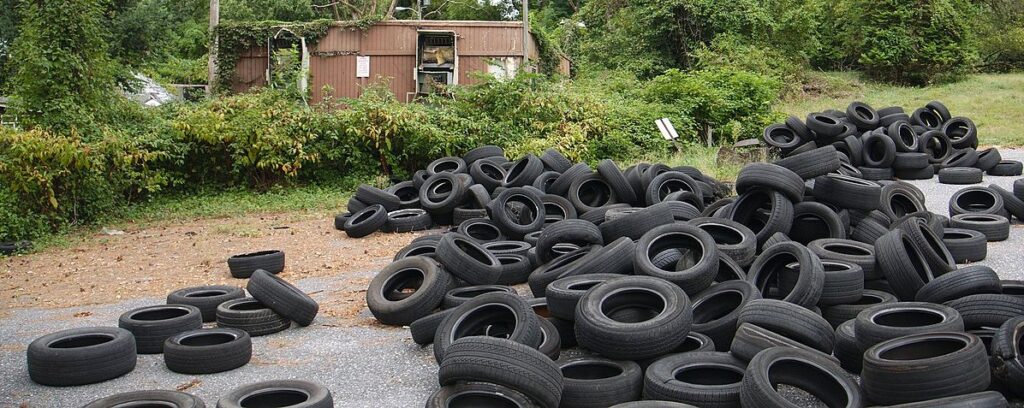
Nowadays, if you want to get funding and become popular in the scientific community, you need to blame any natural calamity you are studying on climate change (aka global warming). For example, salmon populations in the west have been on the decline, and predictably, global warming has been trumpeted as the cause. As one source suggests:
Pacific salmon that spawn in Western streams and rivers have been struggling for decades to survive water diversions, dams and logging. Now, global warming is pushing four important populations in California, Oregon and Idaho toward extinction, federal scientists warn in a new study.
Of course, when serious scientists actually looked at the situation, they found that temperature is not responsible at all, at least not specifically for coho salmon. The scientists investigated multiple possibilities, and they ruled out rising temperatures. As one of the authors stated:
We had determined it couldn’t be explained by high temperatures, low dissolved oxygen or any known contaminant, such as high zinc levels…
Like good scientists, then, they ruled out the “fashionable” explanation and decided to find the real cause. Not surprisingly, they did. They found that urban stormwater runoff could cause the same symptoms that were known to be killing the coho salmon, so the authors painstakingly analyzed the runoff and ran multiple tests.
They identified the chemical that was killing the coho salmon but could not figure out where it came from. Eventually, the researchers found that this chemical was similar to a preservative used in tires, which is charmingly known as “6PPD.” After several experiments, they found that when 6PPD is exposed to ozone and sunlight, it can be broken down into the killer chemical. Thus, the coho salmon are not being killed by today’s favorite boogeyman. Instead, they are being killed by a chemical produced as a result of tire waste.
Now, of course, since the authors of this study seem to be careful scientists (unlike so many that exist today), they are unwilling to generalize their results. Thus, this conclusion applies only to what is killing the coho salmon in the Pacific Northwest. There might be other causes for what is killing the other species, but I hope this motivates scientists to question the “fashionable” explanation of “global warming” and actually do some serious scientific investigation, like this team did. If so, real science might still be able to help us understand (and the hopefully fix) the problem.
